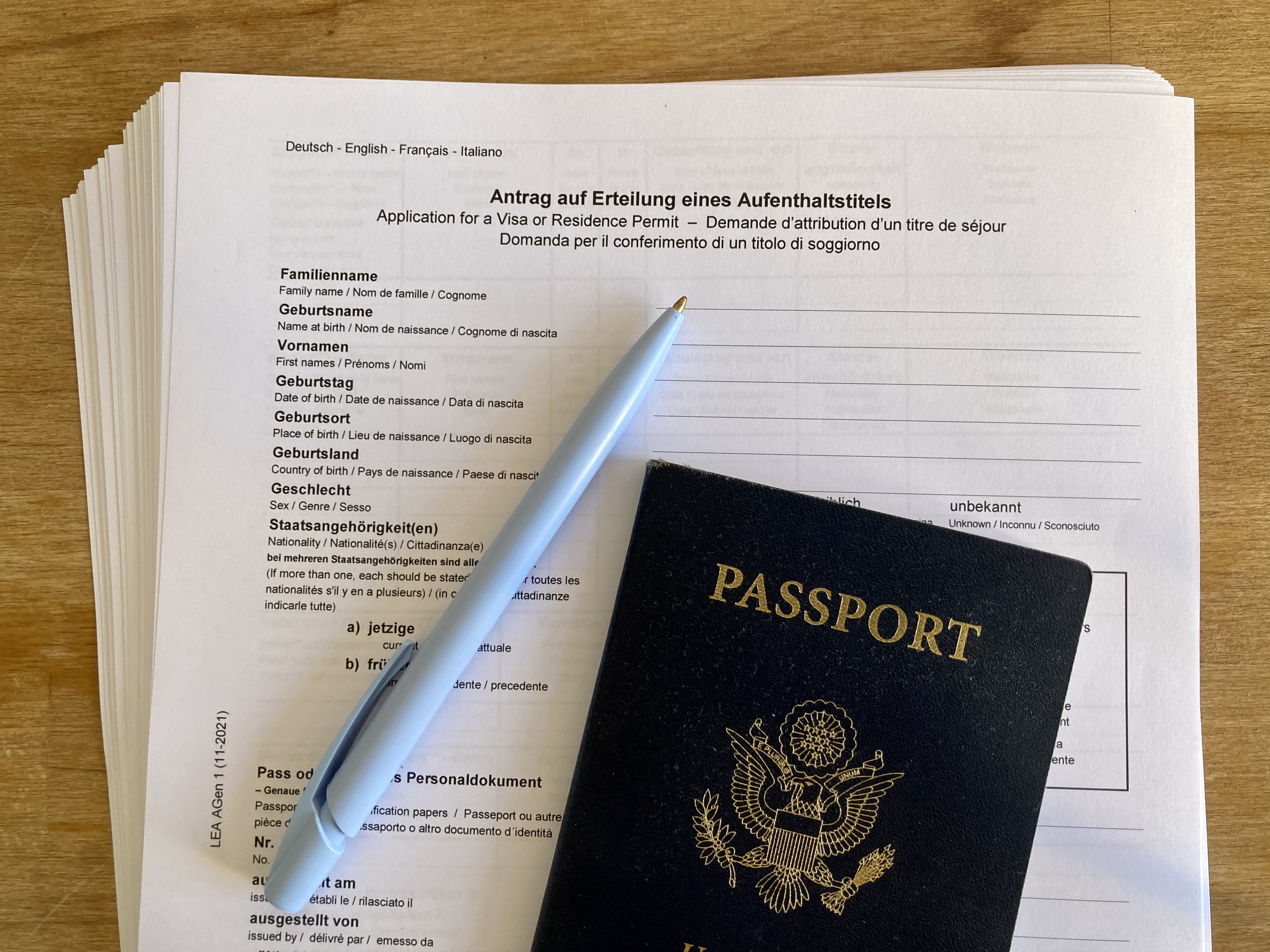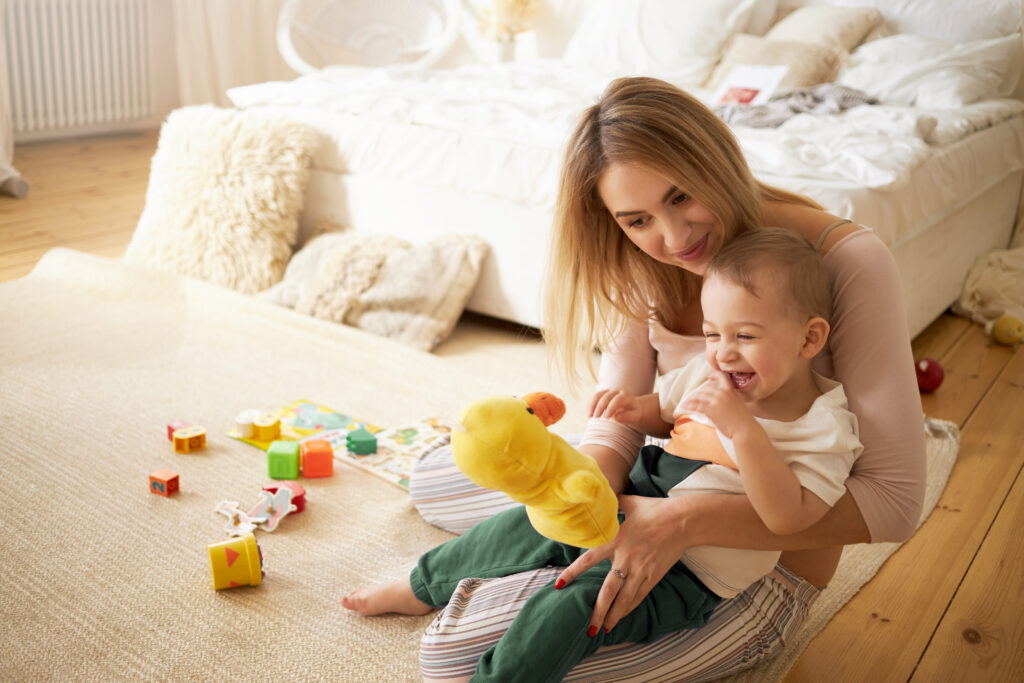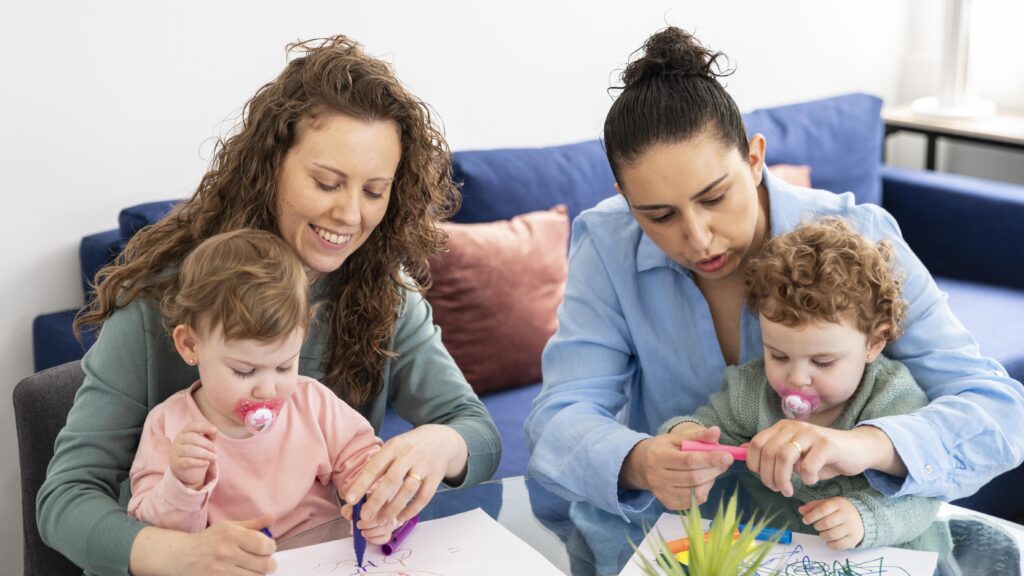If you’re traveling to Germany from abroad, working as a nanny can be a great way to find meaningful work and integrate with the local culture. However, like with any job, you have to make sure you’re working legally. The first step to securing legal work is securing legal working permission. In this article, we’ll walk you through the main visas for nannies and babysitters in Berlin.
Au Pair Visa
This is the most obvious visa available to someone who wants to come to Germany to work in private childcare. An au pair is a young person between the ages of 17 and 30 that comes to Germany to live with a host family and help take care of their children. In exchange for this, they receive free room and board and a small wage (pocket money). Au Pair programs focus heavily on the benefits of cultural exchange, both for the family and for the au pair. It’s the cultural exchange itself that is generally considered to be the main benefit to an au pair program, rather than financial payment.
While an au pair does receive some money for her work with the family, it is a significantly smaller amount than that of a professional nanny. Au pairs in Germany earn €280 per month as a starting rate, while nannies earn in the thousands.
Learn how to apply for the au pair visa.
Freelance Visa (aka “Artist Visa”)
One of the most common visas for newcomers to Berlin, the freelance visa. You might have heard this called the “artist” visa, but this is just a nickname given to the freelance visa, due to the fact that artists applying for this visa in Berlin and Hamburg often receive their visas faster than other applicants. Working in childcare doesn’t necessarily disqualify you for this expedited “artist” process either, as long as the work has a language focus and you’re able to prove you have an adequate background to complete it.
The freelance visa will enable you to work as a nanny or babysitter as long as it is expressly written on the visa. Under your list of allowed professions, you’ll need to make sure the word “Kinderbetreuung” is written clearly. Once that’s there, you’re good to go!
Just remember—you can only work as a freelance caregiver, not as an employee. That means you’ll still have to cover your own insurance and be responsible for your taxes at the end of the year.
Learn how to apply for the German freelance visa.
Working Holiday Visa
If you’re staying in Germany on a working holiday visa, you’re also in the clear to start work in private childcare. You can work as an employee (this means the family needs to employ you directly), or you can work as a freelancer (after you’ve contacted the Finanzamt and obtained your freelance tax number).
But keep in mind that the working holiday visa only lasts for one year, so make sure you don’t sign any contracts that would require you to work past the date that your visa expires. If you are still under contract when your visa runs out, your contract will automatically be null and void and you can no longer continue working. Therefore, if you’re planning to stay in Berlin long term after your working holiday, it’s a good idea to have your next visa lined up as soon as possible.
Learn more about the German working holiday visa.
Work Visa/Employment Visa
If you have a job with a company and a regular working visa, you might also be able to work in childcare on the side. However, you’ll need to read your visa carefully. Many work visas (especially if it is one of your first or second visas) will tie you to a specific company. It’s possible that you might only be able to work for that company. Or, you might be able to work in Germany only while employed at that company. Plus, you’ll want to check your work contract carefully—there could be a clause in there that forbids you from taking on other work outside of your current job.
It’s also possible to have an open work visa, which simply says you are legally allowed to work in Germany, and doesn’t restrict you to a particular company. Theoretically this would give you full permission to start nannying legally—but remember to double check your work contract if you think there could be a non-compete clause in there.
Learn more about the German work visa.
Permanent Residency or EU Citizenship
Are you an EU citizen, or you’ve already got your permanent residency in Germany? Then you’re in the clear! Legally, you can start working as a babysitter or nanny, either employed or freelance.
What kind of visa do I need to work with Lighthouse Nanny?
Lighthouse works with all of the above of visas, except au pairs. The au pair program is so unique, we’d recommend anyone considering that visa contact a designated au pair organization. If you’re not sure whether your current visa would allow you to work in childcare, feel free to contact us at hello@lighthousenanny.com. We’d be more than happy to learn about your case and help out if we can!



